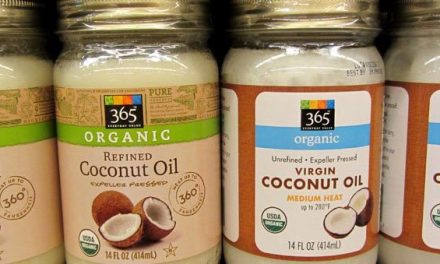Dairy Fat Linked To Lower Diabetes Risk
For those of you who still love full-fat dairy, this might make you do a happy dance. For those out there who don’t, have no fear, this shouldn’t shake your faith!
A new study has found that the dairy fats found in milk, yogurt and cheese may help to protect against Type 2 Diabetes. Published in the journal Circulation, the research included 3,333 adults and began in the late 1980’s. Taking blood samples from the participants they measured circulating levels of biomarkers of dairy fat in their blood and then tracked, over the next two decades, which of the participants developed diabetes.
They found that people with the most dairy fat in their diet had about a 50 percent lower risk of diabetes compared to those to consumed the least amount. Now, this isn’t enough to prove cause and effect, but it adds to a growing body of evidence that suggests that dairy fat might have protective effects; both to cut the risk of diabetes and help people control body weight.
From the NPR article:
“And there’s some evidence that dairy fat may help adults manage weight as well. As we’ve reported, researchers in Sweden found that middle-aged men who consumed high-fat milk, butter and cream were significantly less likely to become obese over a period of 12 years compared with men who never or rarely ate high-fat dairy.”
In other words, eat full fat foods and you’ll be less hungry– and therefore more satiated– and you’ll then consume less useless calories…the kind you eat when you are STARVING because you haven’t properly kept your body fed throughout the day. The kind of frantic eating that takes place when you haven’t given your body the amount of good carbs it needs to feel full.
The author of the study, Dean of the Friedman School of Nutrition Science and Policy at Tufts University, Dariush Mozaffarian, says there’s evidence to support that when people eat more low-fat dairy, they end up eating more carbohydrates as a way of compensating. I know tons of high carb Vegans who would totally agree with him.
Because this new evidence challenges current low-fat data, he feels its best now to reconsider our National School Lunch Program rules. More from the article, “Our research indicates that the national policy should be neutral about dairy fat, until we learn more,” says Mozaffarian.
We’d love to see the lunch program change and grow into something that’s more concerned with getting lots and lots of colorful, healthful and whole fruits and veggies into our school aged kids- so they can stay fueled for learning throughout the school day.
We will continue to watch this story as it unfolds.
Source: NPR







![Dr. Burzynski Trial [Update]](https://healthnutnews.com/wp-content/uploads/2016/05/imgres-1.jpg)




